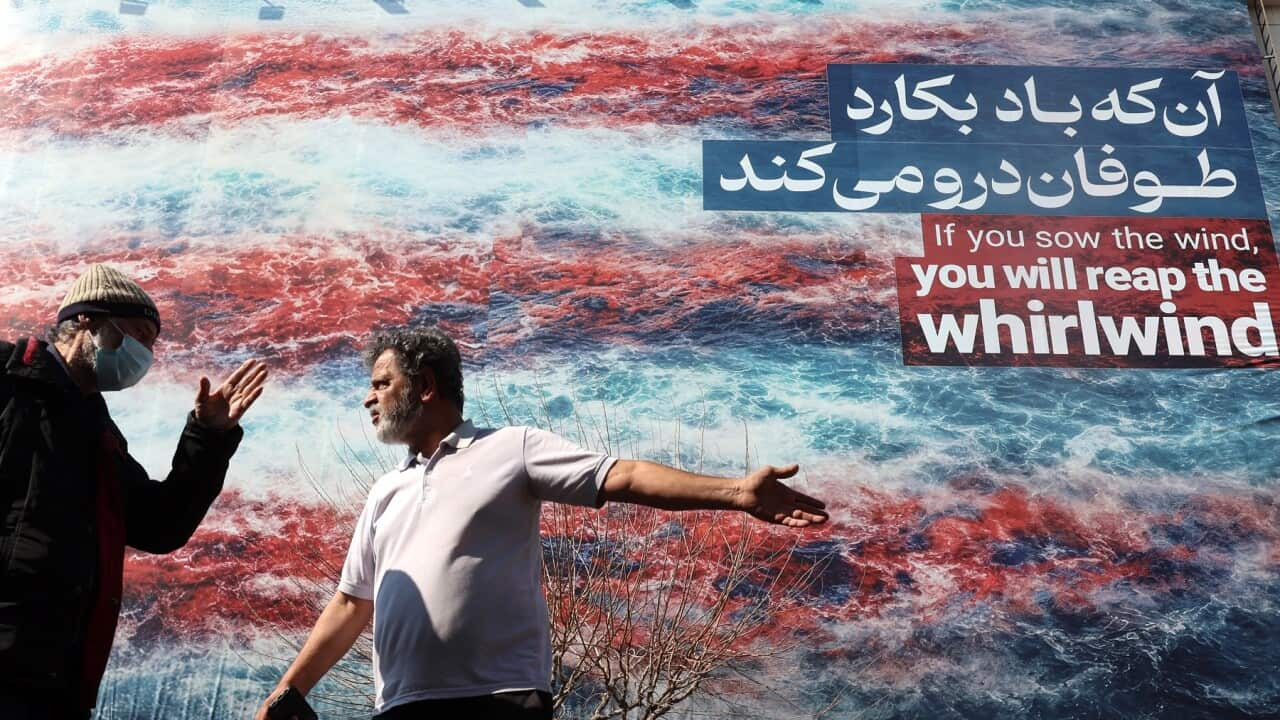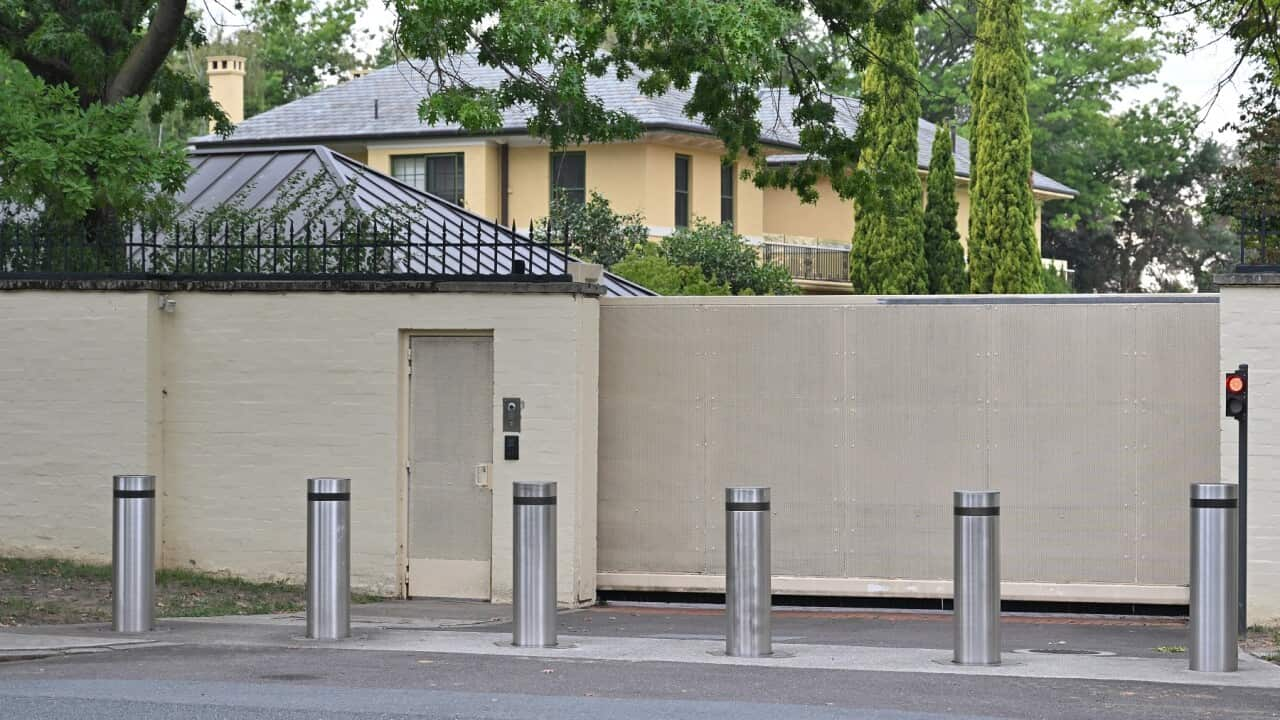Listen to Australian and world news and follow trending topics with SBS News Podcasts.
TRANSCRIPT
Australian army whistleblower David McBride has been sentenced to five years and eight months in jail by the supreme court of the ACT for leaking Defence Force material to journalists.
His sentencing has been condemned by whistleblower rights activists, who say there need to be greater protection rights for whistleblowers.
Former Australian army lawyer David McBride has been handed a five-year and eight month jail sentence by the ACT Supreme Court for revealing classified intelligence to the media.
McBride's sentence was delivered by Supreme Court Justice David Mossop, who said he must serve a non-parole prison term of 27 months.
Handing down the sentence, Justice David Mossop said the sentence was necessary because it was unlikely Mr McBride could be rehabilitated because he believed he had done the right thing.
Independent MP Andrew Wilkie says the decision is controversial.
"The first Australian to go to jail over alleged war crimes in Afghanistan is the whistleblower who brought the allegations of war crimes to the media's and to the public's attention. I can say with great confidence that the vast majority of people who have been following the David McBride issue will be deeply disappointed today."
David McBride was facing charges of stealing sensitive documents and handing them over to journalists.
He had initially pleaded not guilty, but eventually changed his plea to guilty to three of the charges last November.
Greens Senator David Shoebridge, who took part in a protest outside the courtroom, recalls the incidents that lead to Mr McBride's sentencing.
"I remember talking to David when he was first charged. And, he's a lawyer and he's kind of a lawyer to his bones in many ways. And he was of the view that the system couldn't permit this. Surely the system, with all these laws and checks and balances, surely it wouldn't permit it to get to the point where he actually goes to jail. Because remember all he did was tell the truth."
In the case presented to the court, the Commonwealth argued that Mr McBride should serve a minimum of two years in prison due to the severity of his crimes.
But his defence team called for leniency on the grounds of his "exemplary character" claiming that his actions were in the best interest of the Australian public.
Lola, a family friend of the McBride family, says the former army lawyer has put himself in harm's way to bring the truth to light.
"David is one of the most virtuous people I know. His actions have always been a sacrifice for the greater good. David had given over a decade of his life to this cause at great personal risk to his and his family's security and mental health. He's now facing the loss of his freedom for his pursuit of truth, justice and transparency. David knew the risk he was taking but the valued he placed on doing what is right is so strong, he could not be complicit on the crimes that he witnessed. What does it say about Australia if David receives a jail sentence for exposing illegal activities."
The contents of the documents stolen by McBride were used in an investigative series by C journalists.
The series, dubbed The Afghan Files, exposed war crimes committed by members of the Australian Defence Forces in Afghanistan.
Sydney based lawyer and human rights advocate Arezo Zoe Safi reached out in support to Mr McBride.
Speaking to SBS, Ms Safi, who is a originally from Afghanistan, says today's decision has shaken her faith in Australia's legal system.
"We come from a country that's a war-torn country. I've lived in Australia for over 30 years. And you would think that we have a rule of law, a system where there's no criminal conducts, where there's no wrongdoings, so there's been that faith shattered at some point. But then again, I'm also grateful to David McBride who basically what he did is he protected the legacy of the Australian Defence Force."
Senator Shoebridge says the supreme court's decision is meant to serve as a deterrent for all whistleblowers.
"I can tell you now that a chill has spread across the public service, across the Defence Force, across anybody thinking about speaking up when they see wrongdoing. If they see a war crime, if they see abuse of public resources, because this judgement was meant to send a message to whistleblowers that you dare not put your head up."
Mr McBride's legal team says they will appeal the supreme court's decision.
It comes following a pre-election pledge by Labor to increase protections for whistleblowers.













